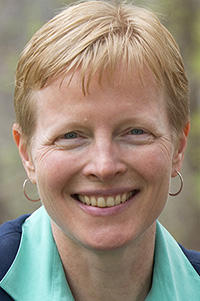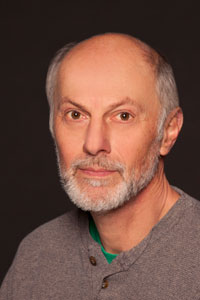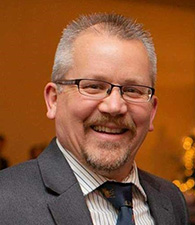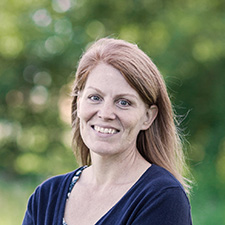Virtual online event
Research from the University of Minnesota (U of M) and supported by the Minnesota Stormwater Research Council has proven that street sweeping as a water quality practice can be an incredibly cost-effective tool with multiple benefits. The November 10th Research Spotlight will invite a leading street sweeping researcher, staff from the Minnesota Pollution Control Agency (MPCA), and two professionals applying the research directly into their work to discuss the latest research, pollution credits, and the next steps in street sweeping research. Dr. Sarah Hobbie from the U of M will provide a short summary of her 2020 research project on developing a street sweeping credit and her current recommendations for practitioners. Mike Trojan from the MPCA will share how U of M’s research was used to develop the Street Sweeping Phosphorus Credit Calculator. Paula Kalinosky from EOR will share how U of M’s research was applied to her recent work with the City of Woodbury to develop an Enhanced Street Sweeping Plan. Mike Kinney from Comfort Lake-Forest Lake Watershed District will share how the City of Forest Lake participated in U of M’s 2020 research project and how the research has been used in their Targeted Street Sweeping Program. These four panelists will then participate in a panel discussion on how to best apply the research, what recommendations they have for MS4s, and what they predict will be the next phase in best practices for street sweeping for water quality.

Sarah Hobbie, Professor in Ecology, Evolution and Behavior, University of Minnesota
Sarah Hobbie is a distinguished McKnight University Professor in Ecology, Evolution and Behavior and a member of the National Academy of Sciences. She is an ecosystem ecologist, known for her studies of terrestrial carbon and nutrient cycling in ecosystems ranging from tundra to cities. Sarah graduated from Carleton College in 1986 with a degree in biology and earned her PhD in 1995 from the University of California, Berkeley. After her PhD, she was a post-doctoral fellow at Stanford University. In 1998, she joined the faculty at the University of Minnesota, where she is a Resident Fellow of the University of Minnesota's Institute on the Environment and is involved in undergraduate writing across the curriculum programming and in graduate education leadership.

Mike Trojan, Hydrologist, Minnesota Pollution Control Agency
A long-time hydrologist for the State of Minnesota, Mike Trojan is responsible for maintaining the Minnesota Stormwater Manual at the Minnesota Pollution Control Agency. Mike’s work on the manual, incorporating the latest research and implementation tools into its content, has helped it become a widely used source in Minnesota and beyond. He helped in the development of digital tools such as the Minimal Impact Design Standards calculator and provides updates to them through the online manual. Through training, presentations, and discussion forums, he seeks input to ensure the manual is relevant for practitioners. Mike holds a PhD in Soil Science from the University of Minnesota.

Mike Kinney, District Administrator, Comfort Lake-Forest Lake Watershed District
Mike has served as the District Administrator at the CLFLWD since early 2014. As Administrator, Mike implements policies and programs on behalf of the CLFLWD Board of Managers. Mike has over 30 years of professional experience in a wide spread of topics including agronomy, economics, education, Lean Six Sigma, and research to manage both financial and water resources as efficiently as possible. Mike holds a B.A. in Geology from the University of St. Thomas and a M.S. in Water Resources Management from UW-Madison.

Paula Kalinosky, Water Resources Engineer, EOR, Inc.
Paula Kalinosky has 10 years of engineering and 8 years of experience in science education/research. Her project experience ranges from citing and feasibility studies to H/H analysis, design and permit coordination, and construction observations. She has coordinated civil site design and permitting for numerous solar sites around Minnesota and her practical experience includes modeling for design of stormwater harvest and reuse, green infrastructure planning, natural asset valuation, and other emerging areas of practice. Paula has a B.S. in Secondary Science Education from Bemidji State University and an M.S. in Bioproducts & Biosystems Engineering from the University of Minnesota.